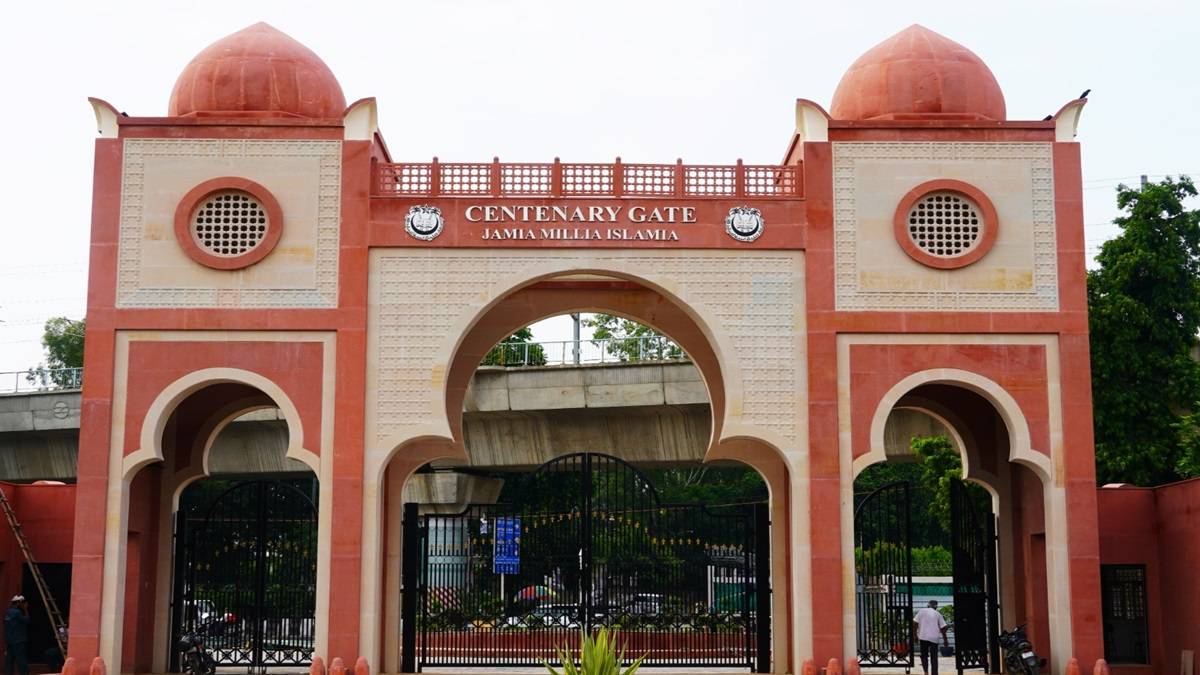In a wave of decisive action, several Indian universities have announced the immediate suspension of their academic partnerships with Turkish institutions. The move comes amid growing national concern over Turkey’s recent alignment with Pakistan in military matters, prompting a reassessment of international collaborations across India’s higher education sector.
The impact of these decisions extends beyond academia. Prominent trade groups and tourism operators have echoed the sentiment, launching campaigns to boycott Turkey and Azerbaijan. The Confederation of All India Traders (CAIT), led by BJP MP Praveen Khandelwal, has taken a firm stand, citing Turkey’s support for Pakistan during the recent cross-border tensions. According to CAIT, Indian tourists contribute nearly $291.6 million annually to Turkey’s economy and $308.6 million to Azerbaijan’s, based on average spending figures. The organisation is now pushing to end commercial ties as part of a wider national response.
Among the first academic institutions to act was Kanpur University, which issued a strongly worded statement declaring the suspension of its MoU with Istanbul University. The university linked its decision directly to Turkey’s alliance with Pakistan, describing the partnership as incompatible with India’s sovereignty. “Academic ties cannot come at the expense of national integrity,” the statement read.
MANUU Also Breaks Ties
Shortly after, Maulana Azad National Urdu University (MANUU) in Hyderabad terminated its agreement with the Yunus Emre Institute of Turkey. The agreement had enabled Turkish language studies at the university, but was revoked with immediate effect. MANUU cited Turkey’s military support to Pakistan as the key reason behind its decision. The visiting Turkish professor associated with the program has returned home.
Meanwhile, Delhi University (DU) has not yet taken a final stance but is currently reviewing all existing international collaborations. A university official confirmed that a decision will be made after a thorough evaluation of each agreement’s alignment with India’s national interests.
The most recent to join the list is Jamia Millia Islamia, which issued a public notice suspending all formal partnerships with Turkish government-affiliated institutions. The university’s spokesperson, Professor Saima Saeed, stressed that the decision was made in consideration of national security and solidarity with the government. “All agreements stand suspended until further notice. Jamia stands with the nation,” she said.
JNU Also Announces Termination of MoU with Inonu University
Jawaharlal Nehru University (JNU) also announced the cancellation of its MoU with Inonu University in Turkey. The agreement, signed in February 2025 and initially set to run for three years, has been scrapped in light of Turkey’s vocal support for Pakistan. JNU Vice-Chancellor Santishree Dhulipudi Pandit remarked that the university, being publicly funded, must act in accordance with national interest. “If the Indian state is under threat, we cannot continue partnerships that compromise our academic and civic responsibilities,” she said.
This series of decisions across Indian universities follows escalating Indo-Pak tensions that saw Turkey supplying military drones and arms to Pakistan. These weapons were reportedly used in retaliatory strikes against Indian military and civilian areas following India’s Operation Sindoor, a precision strike targeting terror bases in Pakistan-Occupied Kashmir.
These developments have sparked significant discourse within Indian academic and student communities, many of whom have raised questions about the ethics and viability of continuing collaborations with countries seen as hostile to India. While new academic partnerships to replace the suspended ones have not yet been announced, university leaders have reiterated their dedication to maintaining educational excellence without compromising national values.
In light of the growing concern, the suspension of academic exchanges and cultural ties with Turkey is being viewed not just as an isolated reaction, but as a larger strategic shift in India’s international education policy one that reflects the intersection of academia and national interest.


